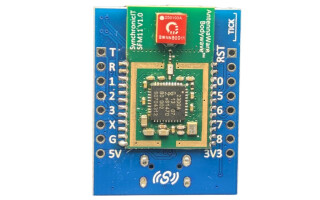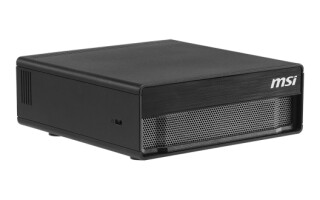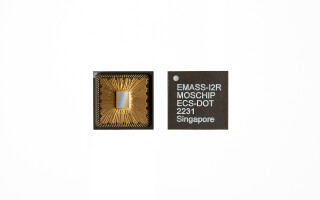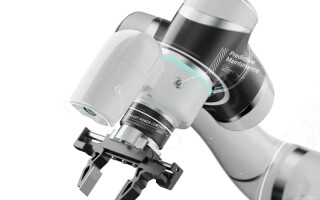Mission for Inclusion: The Open Hardware Diversity Alliance
December 03, 2021
Story

STEM fields have long struggled with a lack of diversity. A recent report from Lindström Group highlighted the problem in a microcosm, revealing that just 12% of engineers and 16% of engineering students in the United Kingdom are women.
Furthermore, whereas the total UK workforce is comprised of 12 percent Asian, black, or other ethnic minority, only 8% of such workers are employed in technical and engineering fields.
Although newer than other technology disciplines, the open-source sector is no different. But does diversity really matter?
According to Kim McMahon, Director of Visibility and Community Engagement at RISC-V International, it does. She believes that organizations governed from a singular perspective have difficulty catering to audiences who do not share that perspective. And that, by contrast, diverse teams inspire innovation and improve communication.
“People all across the world all see hardware and code differently, so when you do bring together people from different backgrounds, different genders, different age groups from around the world, you're going to have a better output product,” she explains. “You're going to create products that go to market quicker with better innovation.”
Of course, recognizing that these deficits exist isn’t the issue. The challenge lies in finding meaningful and effective ways to course-correct the diversity problem, not only on an organizational level, but across the entire tech industry.
Confronting the Challenge
The Open Hardware Diversity Alliance was founded by RISC-V in partnership with CHIPS Alliance, OpenPOWER Foundation, and Western Digital. McMahon described the Alliance as an “incubating project that focuses on developing learning and networking programs, mentorship opportunities, inclusive environments, and more to support the professional advancement and encourage equal participation for underrepresented individuals in the open-source community.”
It was founded when McMahon and her colleagues recognized the lack of diversity within their own organization.
“We're seeing a lack of diversity in our work groups, which means that we don't have women and underrepresented individuals participating just at the basic task group level so we don't see them rising up to take leadership roles in our task groups, as chairs and co-chairs,” she revealed.
McMahon explained that the Alliance’s goals are divided into a series of “streams,” with each stream addressing a certain focus area that needs improvement. Each stream is given its own chair and co-chair or vice chair, along with a team of five advisory members.
For example, one stream is “meet.” This stream focuses on helping underrepresented individuals feel more comfortable at events, such as the RISC-V Summit next week, and creating a safe space for these individuals to network.
The Open Hardware Diversity Alliance has already initiated plans that promote inclusive language and imagery and address microaggressions or unconscious biases present throughout the open-source hardware community. These are relatively short-term plans, designed to start making a difference quickly, but McMahon said the Alliance is working on developing long-term solutions as well.
Maintaining Momentum
To ensure the Alliance stays on track and doesn’t fizzle out, McMahon said they are already working to include other organizations that can assist in identifying problem areas and implementing solutions.
There are a couple of ways to get involved with the Open Hardware Diversity Alliance. You can visit their homepage and elect to be added to email lists or request more information by reaching out to [email protected].





